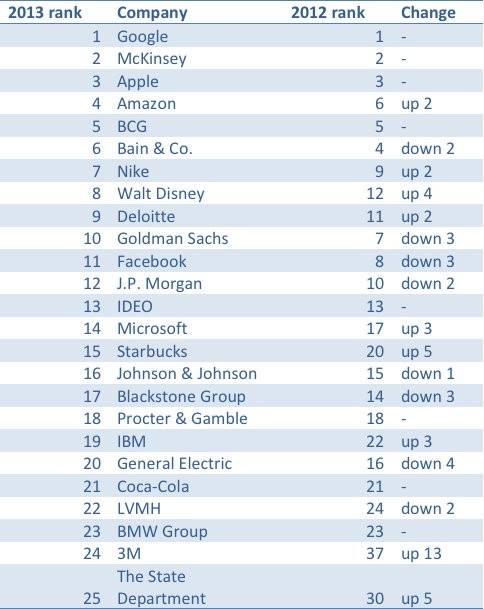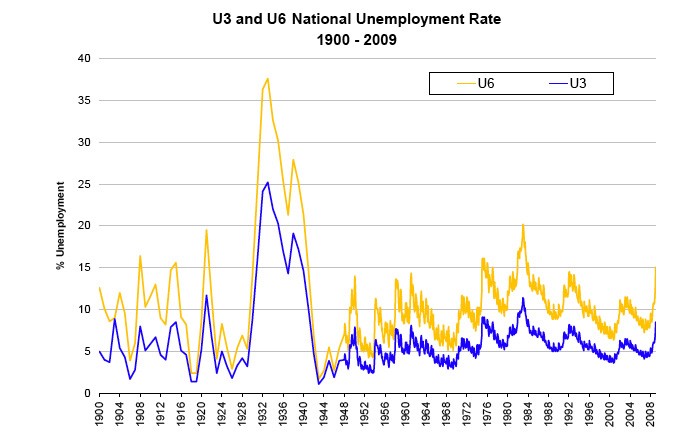The Plight of the Quants
Post on: 16 Март, 2015 No Comment

Beware of geeks bearing formulas, Warren Buffett told Charlie Rose in the fall of 2008. Now, The New York Times is asking us to pity them instead.
In a 2,400-word story titled They Tried To Outsmart Wall Street. the Times on Monday walked through the history of the quant — people who toil in an area of applied mathematics known as quantitative finance. The math and science whizzes emigrated to Wall Street reluctantly, the article explains, victims of a lack of jobs in academia and the killing of the Superconducting Supercollider in 1993. (Which made me wonder: How many physicists was that thing supposed to employ, anyway?)
Once there, they became prisoners — as one former trader put it — pumping out formulas that didn’t work, teased by traders and blamed for the current market mess.
They had all the data they could want, but could only put it to use in a way that served the interest of the hedge funds or investment banks that employed them. As Felix Salmon documents in Wireds March 2009 cover story. when hedge funds got hold of a formula that seemed to work — like David X. Li’s Guassian copula function — the damage quickly spread everywhere.
But here’s an idea on how to free the quants of their soul-destroying burden: Give them the data without requiring them to work for the investment companies.
In the current edition of Wired I make an argument for how requiring a steady flow of data from all public companies and all financial institution would deputize an entire nation of regulators .
For the plan to work, the data would have to be released in an atomized and universally tagged form, instead of buried in today’s excuse for transparency: massive, transparency-defeating 8-Ks, free writing prospectuses, and other forms.
The idea is that people would comb through everything from the underlying loans in a CDO to the pension obligations of the biggest companies in the world looking for patterns or red flags. For some, the motivation would obviously be financial, but others — if the Wikipedia and open source worlds are any guide— would do so because they want to build and defend an online reputation, or because for them it’s simply fun. (What if Harry Markopolos — who famously failed to get the SEC to pay attention to his misgivings about Bernie Madoff — had had a blog? What if Nate Silve r was obsessed with modeling the effect of nationwide expirations of teaser mortgage rates?)
The democratization of data would unclasp the shackles of the quants as well. All the promising numbers geeks anywhere (not just those at the top, richest schools) could slice and dice the data during office hours or from their home PCs, coming up with theories that academics worldwide could bat around, using the same databases. Nobody ever took these models as playing chess with God, a former Goldman quant told the

Times.
But Goldman clearly did — they weren’t hiring particle physicists to help the company win science fairs. The b-school grads who delivered the current crisis hid behind those models, promoting them as the RNA
of the financial system when they were simply theories.
Free the data, bring real radical transparency to the financial world, and the quants — those who apparently want to be unburdened by riches — can return to crunching the numbers for a higher purpose.
The hedge funds would have only themselves to blame if they take academic papers and misuse them. At which point, I can offer up only this advice: Beware suits bearing formulas.














